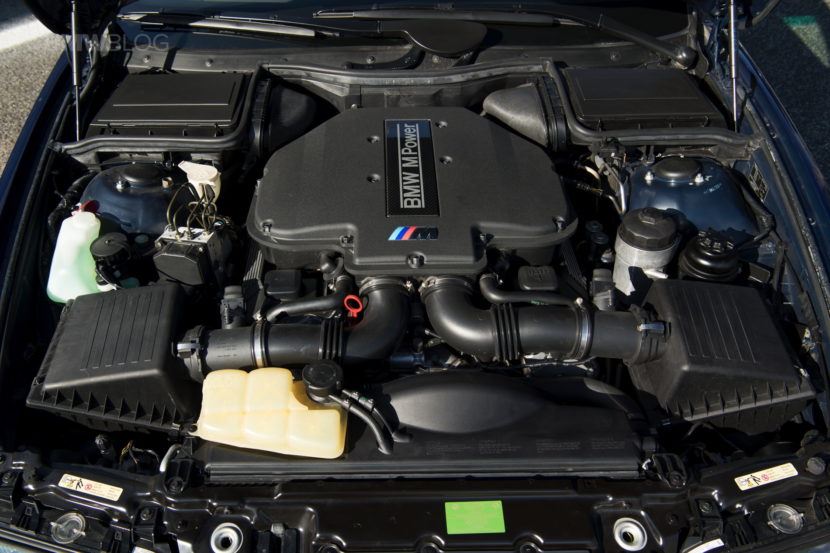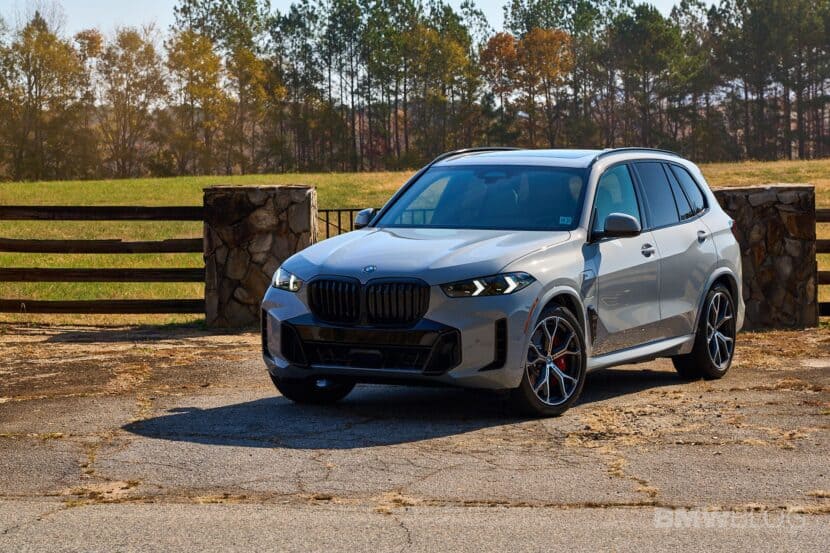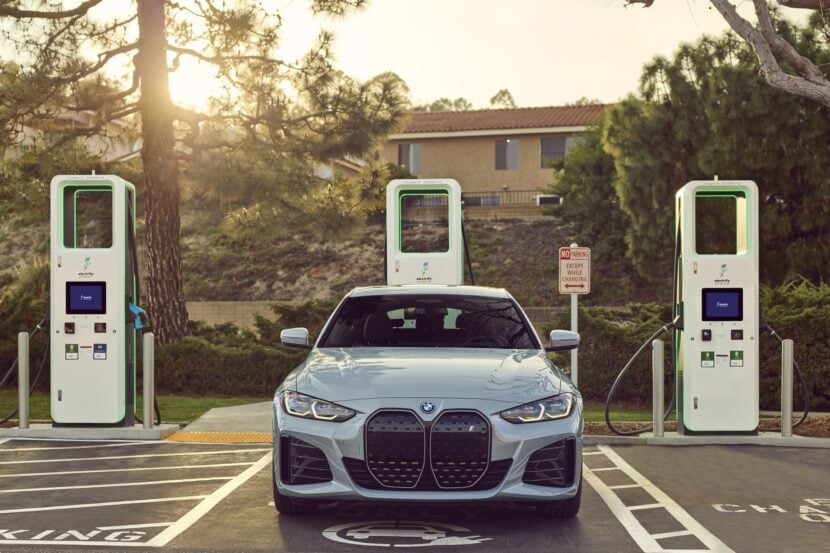Whether you’ve already got paint protection film (PPF) or ceramic coating or are considering the pros and cons before you schedule your installation, you might wonder what maintenance is required. Luckily, caring for PPF and keeping things shiny and new is generally much easier after you’ve got PPF and ceramic coating. With the help of our friends at XPEL and Chicago based shop Tinting Chicago, we’ve highlighted the best ways to care for PPF and ceramic coating. If you’re interested in PPF and ceramic coating, Tinting Chicago offers the following deal for our readers: 15% off ceramic window tint, 20% off ceramic coating, and with any purchase of PPF get ceramic coating on top of the PPF application for free. Use the code BMWBLOG. Offer valid until December 31, 2024.
First Things First: Professional Installation

“Paint protection film is incredibly hard to do,” starts Chris Hardy, Senior Director of Sales at XPEL, during our interview. “The majority of what you’re paying for is the art of the installation – the labor portion.” Probably the most significant component of keeping your PPF in good shape is ensuring the right people install the right product. Cutting corners on installation is not worth it; trust the professionals and get a quality install. “We send cease and desist letters almost daily to people claiming they’re XPEL and they’re not,” Chris continues. Do your research!

Chris also says that planning ahead is an excellent way to get the best results. He says many XPEL shops are booked out weeks – or even months – in advance. He recommends finding out whether or not your dealership does installation – “a lot of dealerships already offer XPEL,” he says. Many dealerships – a growing number every day, according to Chris – have an in-house partner who can do the work without the car even leaving the lot. It’s obviously preferable to putting miles on the car before PPF is installed.
What About PPF Prep Work?

“I would recommend that you don’t do that. Because the professionals are inside the shop,” Chris says when asked about prep work. Chris mentions ‘edge prep’ – decontaminating and ensuring a clean surface for PPF installation. He also recommends not dismantling the vehicle yourself – i.e., if you’re installing full-vehicle PPF, which could sometimes require the removal of body panels or headlights.
By the way – be wary of what Chris calls ‘over-installing.’ Taking apart brand-new vehicles is dangerous, especially on higher-end vehicles like BMW, Porsche, Mercedes, etc. Brands with high build quality are tough to get back to exactly new condition, and if you’re tucking PPF into nooks and crannies, you could end up with rattles, squeaks, and more. Additionally, body panels can rub against each other, pushing the film back or damaging it. Be aware of where limitations exist for film and reassembly.
Maintaining and Caring For Paint Protection Film (PPF)

One of the best parts about PPF is that it makes car cleaning pretty easy. Most of the time, you can do a quick hand wash, dry it off, and be good to go. Guidelines to follow include:
- Wait 48 hours after installation before washing the vehicle.
- Remove stains with the PPF’s brand-specific cleaners. (99% isopropyl alcohol will also work, but be careful not to touch your vehicle’s paint at all.)
- Avoid using high-pressure water near the edges of the film.
- Generally, detailing clay is safe to use except on Stealth (matte) PPF.
- Apply sealant (differs per PPF brand) at regular intervals, once every six months for XPEL.
Aside from these notes, taking care of PPF is more similar than dissimilar to maintaining your car’s regular paint. Avoid harsh chemicals and use a clean microfiber cloth to dry the vehicle. Regularly inspect for blemishes and scratches; if you notice peeling, contact your installer to take care of it. If not quickly addressed, your whole PPF could be at risk from moisture or dirt getting beneath the film.
Even when properly caring for PPF, remember that it won’t last forever. XPEL offers a 10-year warranty on their PPF. Note that the warranty is tied to the vehicle’s VIN and is irrespective of ownership. After that, you’re on your own, and it may be necessary to remove the existing PPF.
What About PPF and Frozen/Matte Paint?

In terms of installation, there is nothing unique about Frozen or matte paint. Chris says that since the paint still has clearcoat on top—which is what PPF bonds with—you’re good. He says this is one case in which PPF over the whole car is very beneficial, which makes sense as the paint is more difficult to care for.
PPF drastically reduces the upkeep necessary for matte paint. But there are some caveats. Chris mentions some manufacturers (Lamborghini and Harley-Davidson by name) have colors that simply can’t be matched well with PPF. And, unless you plan to Stealth wrap the whole vehicle, you could end up with an almost mismatched appearance.
Maintaining and Caring For Ceramic Coating

Just like PPF, ceramic coating helps reduce the regular maintenance you need to do on your vehicle to keep it looking factory-fresh. And it’s very similar to how you’ll care for PPF. Wash the car when it’s dirty – some installers recommend it as often as weekly, but it’s not always necessary. The best ceramic coating maintenance is performed exactly like you would care for regular car paint. So, fundamentals like the two-bucket method, washing from the top down, and using good-quality car soap still stand. Waterless options are fine, too.
Ceramic coating also has a lifespan—eight years is the most you should expect, Chris says. XPEL requires yearly visits to your installer to preserve the warranty period, and that’s probably a good idea, no matter what brand you choose. Another best practice is to have the installer perform a paint correction and detail prior to ceramic for the best shine and overall paint quality.
In Conclusion

Just remember: PPF and ceramic coating are designed to preserve your car’s paint and make it pop, respectively. When properly maintained, they make your vehicle look better for longer. If neglected, they can end up looking pretty rough. Sometimes, the best option is to outsource your work to a reliable detailer – or even those who originally installed your PPF or ceramic! The headline is: neither product makes your vehicle invincible – treat and maintain appropriately.
[Photos: Vlad @Tinting Chicago]













































































